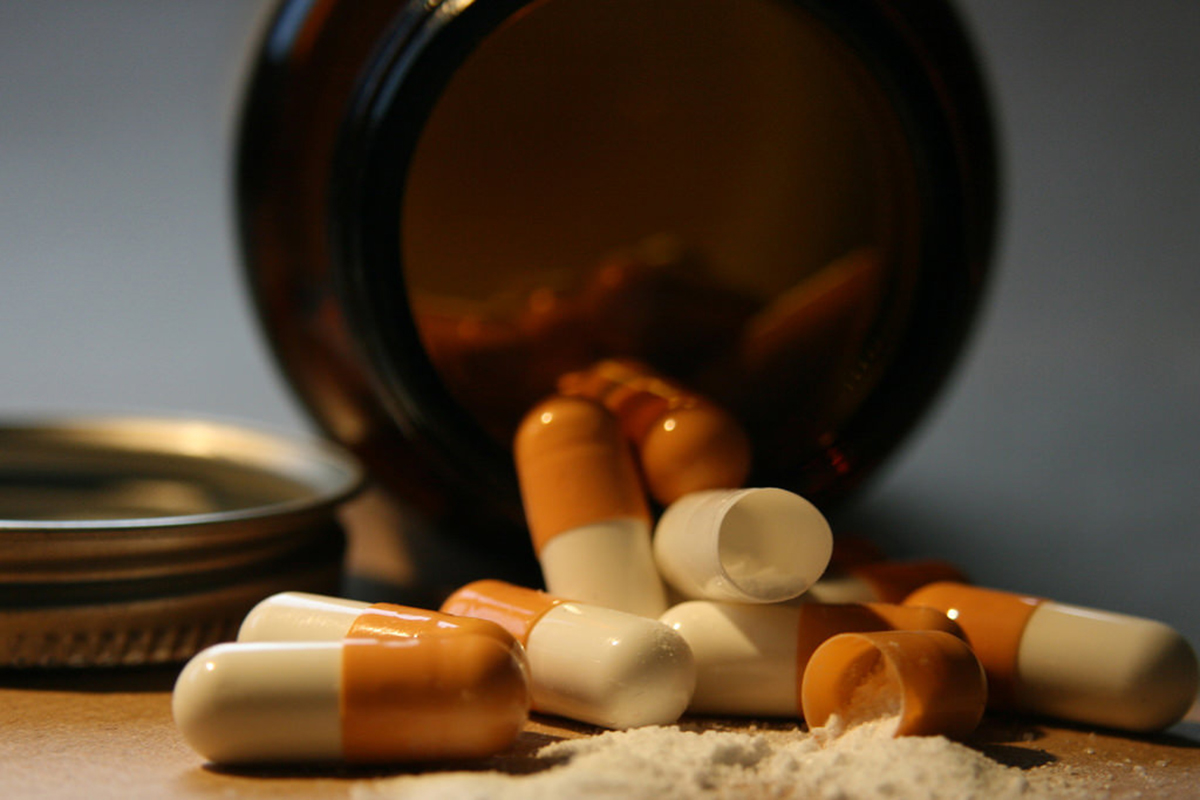Table of Contents
Once the entire diseased portion has been removed, a few millimeters of the tooth root are removed because that is where the resistant microorganisms form colonies. The doctor may or may not choose to fill the area with some amount of bone graft once the disinfection has been done. Stitches will be placed for a duration of one week to 10 days.
Risks Associated With The Procedure
Being a minor oral surgical procedure, there are not too many risks involved, however there some things that patients should be aware of. Surgery in the upper back teeth can cause damage to the sinus lining and cause infection to spread to the sinuses.
In some cases, the doctor may not be able to perform the procedure at all if the root tips are extending into the sinus lining.
The most important nerve of the lower jaw runs in close approximation to the roots of the lower nerve and thus there is a risk of damage to that nerve. The preoperative X-rays should help the doctor determine the distance between the roots and the nerves, allowing a proper treatment plan to be formulated beforehand.

Healing
Healing after an Apicoectomy is quite rapid. The gums which were cut open to gain access to the underlying bone should heal within a week. Once the stitches have been removed, the bone underneath will continue to form.
Bone is notoriously slow to form, however, the process is quite predictable once proper disinfection has been achieved. It may take anywhere between six months and a year for any significant amount of bone formation to take place.
Precautions To Be Taken After the Procedure
Any strenuous physical activity should be avoided for a week after the procedure has been performed. This involves lifting heavy things, yoga, aerobics or running.
Normal day to day life can go on as normal. Care should be taken to not entangle the brush in the stitches as that can be quite painful. The doctor will probably advise you not to eat extremely hot or spicy food for the first week after the procedure has been performed.
A mouthwash may also be recommended for use in the healing period to aid in the maintenance of oral hygiene. Some of the things to absolutely avoid include tobacco in any form (chewed or smoked), excessive alcohol (since some of the antibiotics may react and have an adverse effect) and putting excessive pressure on the treated teeth.
READ Connection Between Root Canals And Cancer
Smoking, in particular, is one of the main reasons why an apicoectomy procedure might not be successful or the surgical site can get infected.
Conclusion
An apicoectomy is often the last resort of a dentist to try and save the tooth. An attempt to retreat the failing root canal would almost certainly have made unless it was not possible to do so for other reasons. The procedure itself is quite straightforward and has a high rate of success.
- www.colgate.com/en/us/oc/oral-health/procedures/root-canals/article/apicoectomy
- www.aae.org/patients/treatments-and-procedures/endodontic-surgery-explained.aspx
- Photo courtesy of allthingsdenstry: www.flickr.com/photos/65716669@N02/6102319844/
- Photo courtesy of westpark: www.flickr.com/photos/west-park/1476316090/
- Photo courtesy of allthingsdenstry: www.flickr.com/photos/65716669@N02/6102319844/


Your thoughts on this